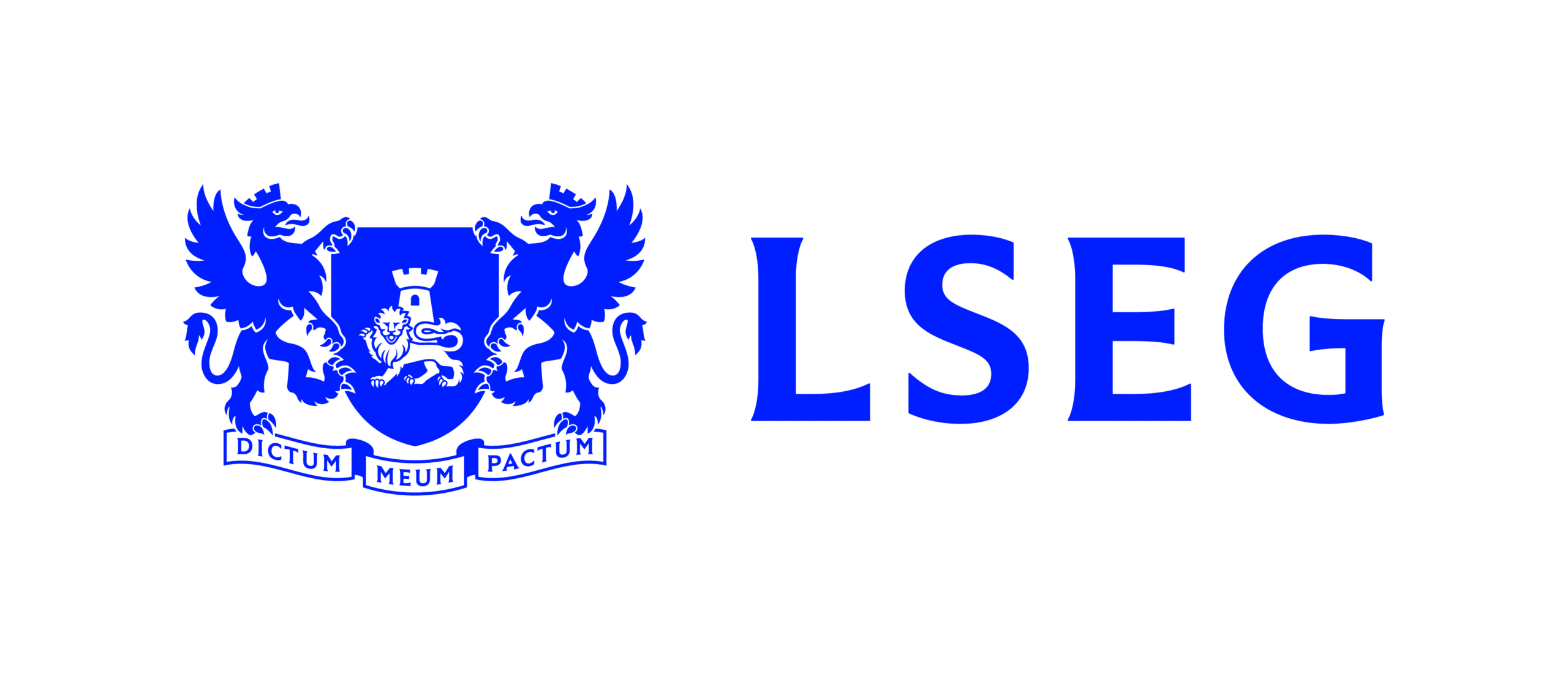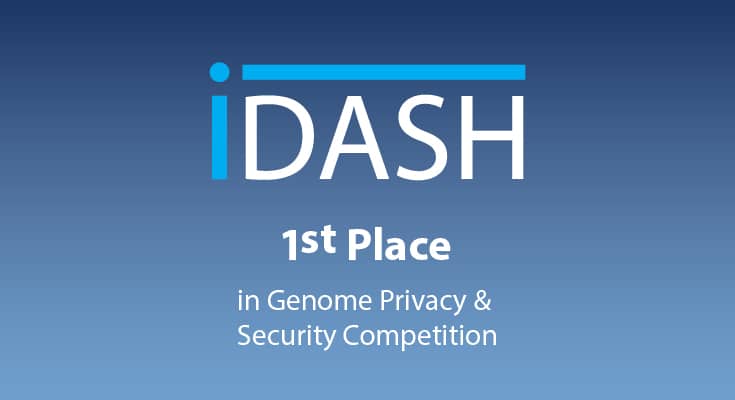We’re very happy to share that Duality Technologies won the iDash competition challenge hosted by UCSD. The iDash competition is an annual international competition that pits the best homomorphic encryption teams against one another to develop the fastest solution for annual genomic computation challenges.
The iDash competition is supported by the NIH and Illumina. The competition has been running for 6 years. This year, Track 2 of the the iDash competition challenged competitors to develop HE implementations addressing GWAS (Genome Wide Association Studies) on a given large scale genomic data set and with well-defined security requirements specified by the homomorphic encryption security standard.
Duality, in collaboration with Prof. Alexander Gusev from DFCI and the Harvard School of Medicine, was nominated as one of the two winning solutions of this iDASH international competition. Duality submitted two solutions. One of Duality’s submissions outperformed all competing groups, and it outperformed all commercial competitors by orders of magnitude. Duality’s solution was built by extending a proprietary fork of the open-source PALISADE lattice encryption library which was developed with several years of funding from DARPA, IARPA, the NSA and the Sloan Foundation.
For comparison, Duality’s run time on this large-scale genomic challenge was 0.09 minutes leveraging 1.5GB of memory. Other commercial solutions included IBM running in 23 minutes with 8.6GB and Inpher.io’s technology running at 201 minutes and 10.3 GB.
Duality’s ground breaking high-performance homomorphic-encryption implementation is among the first demonstrations paving the way for real-world privacy-protected collaborations on genomic data.

















